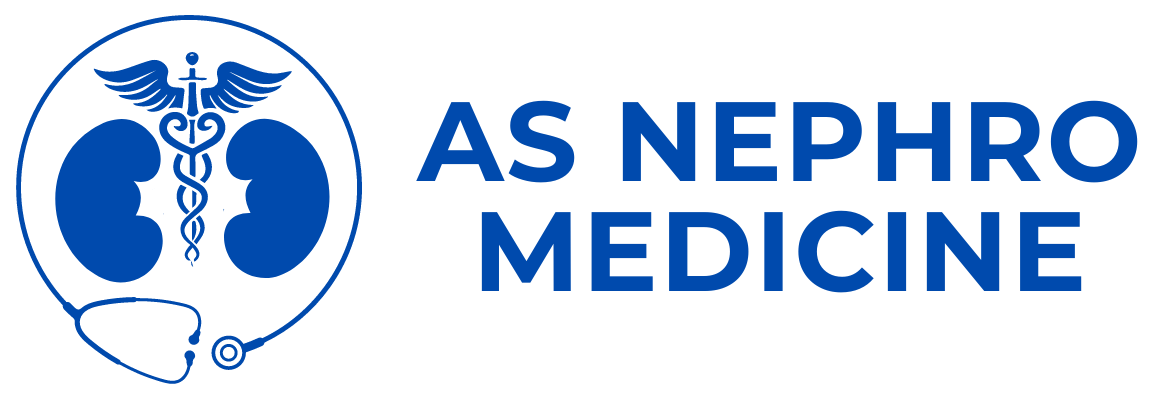What is Acute Kidney Disease?
Acute kidney disease, also known as acute kidney injury (AKI), is a sudden episode of kidney failure or kidney damage that happens within a few hours or days. It causes waste products to build up in your blood, making it hard for your kidneys to maintain the right balance of fluids in your body. AKI can be severe and requires immediate medical attention, as it can lead to lasting kidney damage or even death if not treated promptly.
Causes of Acute Kidney Disease
Several factors can lead to the development of acute kidney disease:
- Reduced Blood Flow to the Kidneys: Conditions such as severe dehydration, heart failure, or liver disease can reduce the blood flow to the kidneys, leading to AKI.
- Direct Damage to the Kidneys: This can be caused by various factors, including infections, certain medications, autoimmune diseases, and exposure to toxins.
- Blockage of the Urinary Tract: Conditions such as kidney stones, an enlarged prostate, or certain cancers can block the flow of urine, causing waste products to build up and damage the kidneys.
Symptoms of Acute Kidney Disease
Symptoms of AKI can vary depending on the underlying cause and the severity of the condition. Common signs and symptoms include:
- Decreased urine output
- Swelling in legs, ankles, and around the eyes
- Fatigue and weakness
- Shortness of breath
- Confusion
- Nausea
- Chest pain or pressure
- Seizures or coma in severe cases
Diagnosis of Acute Kidney Disease
Diagnosing AKI typically involves a combination of blood tests, urine tests, and imaging studies:
- Blood Tests: These tests measure levels of waste products like creatinine and blood urea nitrogen (BUN) in the blood.
- Urine Tests: These can help detect abnormalities in the urine that might indicate kidney problems.
- Imaging Studies: Ultrasound, CT scans, or MRI can help identify obstructions or other abnormalities in the kidneys.
Treatment of Acute Kidney Disease
The treatment for AKI focuses on addressing the underlying cause and supporting the kidneys while they recover. This may include:
- Medications: To manage symptoms, treat infections, or address underlying conditions.
- Fluid Management: Careful monitoring and balancing of fluid intake and output to prevent dehydration or fluid overload.
- Dialysis: In severe cases, dialysis may be necessary to remove waste products and excess fluids from the blood when the kidneys are not functioning properly.
Preventing Acute Kidney Disease
While not all cases of AKI can be prevented, there are steps you can take to reduce your risk:
- Stay hydrated, especially during hot weather or when ill.
- Avoid excessive use of medications that can harm the kidneys, such as nonsteroidal anti-inflammatory drugs (NSAIDs).
- Manage chronic conditions like diabetes and high blood pressure effectively.
- Avoid exposure to toxins and infections that can damage the kidneys.
- Seek prompt medical care if you have symptoms of an infection or other conditions that could lead to AKI.
